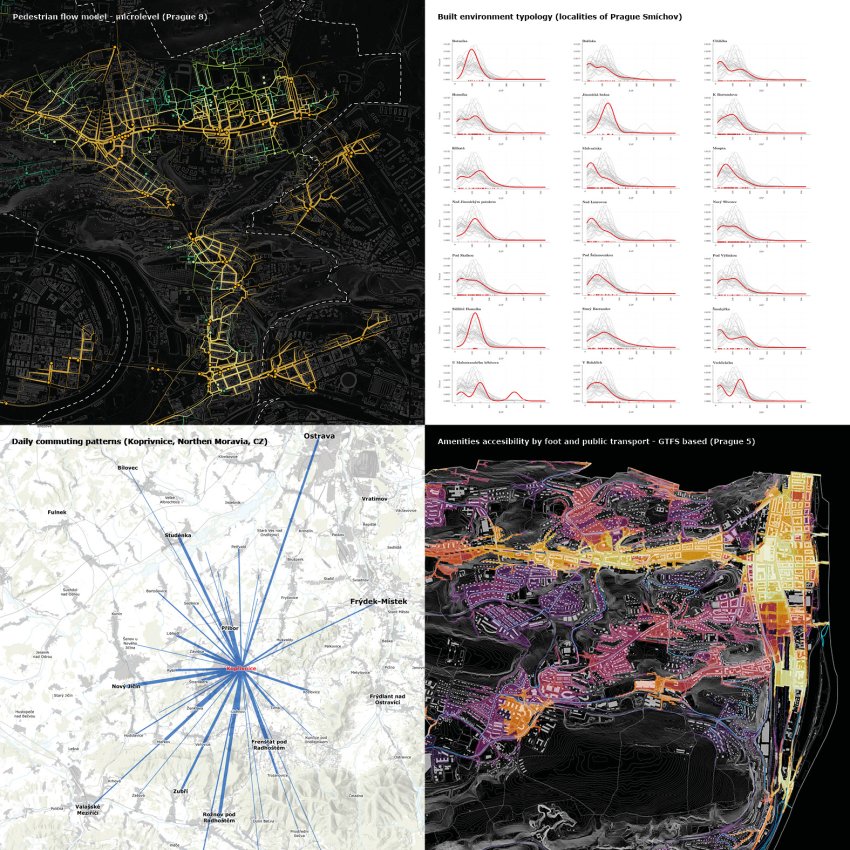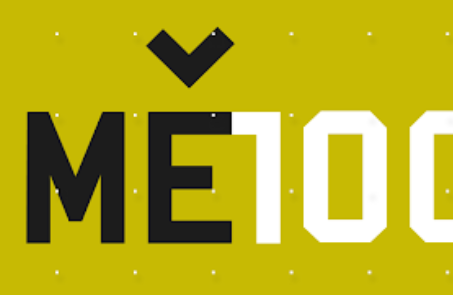Jan is a doctoral student and lectures at the Department of Spatial Planning of the Czech Technical University in Prague. He is a junior researcher actively involved in national and European projects. In addition to his academic work, Jan is an external planning consultant for municipalities in Prague and a junior strategic planner for medium-sized cities. His primary areas are spatial planning and mobility. In his free time, Jan loves exploring public transport systems and local breweries across Europe.

Thesis topic
Accessibility of local amenities influence on residential transport demand in the Prague Metropolitan Region
Supervisor doc. Ing.arch. Veronika Šindlerová, Ph.D.
Consultants doc. Ing.arch. Jakub Vorel, Ph.D. prof. Ing. arch. Karel Maier, CSc.
Ongoing research projects
ESPON EGTC: Territorial governance of non-standard geographies
Project 2023-281
The NoStaGeo project will define and delineate non-standard functional territories and analyse their hard and soft governance arrangements across Europe. It will also provide policy advice on how to optimise governance arrangements for such territories. As specified in the terms of reference, the focus will be on emerging geographies “that have existing governance mechanisms in place.”
National experts:
prof. Ing. arch. Karel Maier, CSc.
Project web
SGS: Analysis of the impact of the built environment on the daily mobility patterns of inhabitants of the Prague agglomeration based on location data of mobile operators
Project SGS23/128/OHK1/2T/15
The research builds on a newly created dataset of mobile operator location data of the population of Prague and the Central Bohemian Region, which, due to its unique technical parameters (fine granularity, continuous time collection), allows for the investigation of the influence of a wide range of built environment characteristics that cannot be investigated at a conventional level of data aggregation. The method of the work is based on statistical inference of data from the above-mentioned dataset, supplemented by quantified characteristics of the built environment (e.g. land use, spatial structure, availability of amenities, transport accessibility of superior population centres, etc.). The primary use of the output is to quantify the impact of the built environment on daily mobility patterns, which can be used in planning practice. A secondary use is to calibrate traffic models generated by other methods.
Researchers:
doc. Ing.arch. Veronika Šindlerová, Ph.D.
PhD conferences organised

The People - City - Transport conference aims to strengthen the interdisciplinary approach to the study of the phenomenon of urban transport, including behavioural and sociological aspects of mobility, and to contribute to building competences and capacities to address current urban problems. The conference will be organized by members of the Institute of Spatial Planning of the FA, which has long been focusing on the topic of transport in the context of urban planning, both in the form of multidisciplinary research and teaching activities. The conference will provide an opportunity for collaboration between students of the Faculty of Transport of CTU, especially in the joint PhD programme Smart Cities, but also students and academic staff of the Department of Social Geography and Regional Development of the Faculty of Science of Charles University, the Department of Landscape and Settlement Planning of the Czech University of Agriculture and other academic departments.

The aim of the conference is to deepen the discussion on the relationship between economics and spatial planning. Every year, it maps who is working on the topic of urban and regional planning in connection with the economy at Czech universities and encourages young people interested. At the same time, the professional community is invited to discuss with the PhD students.
Domestic and foreign experts from outside the academic environment regularly participate as guest lecturers, i.e. representatives of municipalities, staff of departments preparing development projects or budgets of regions or cities, representatives of banks financing public works projects or experienced private project managers looking for ways to cooperate with the public sector.
Teaching
Design studio Sindlerova (CZ/EN)
Studio Šindlerová is focused on urban and spatial design in various scales: from street and quarter design to the complex agglomeration planning. Studio Šindlerová offers assignment topics based on questions and challenges from real planning world. Students are taught how to find the best design in topis such as: future of Prague suburbs, rehabilitations of city peripheries, development around transport infrastructures or removing development barriers.
Spatial Planning I (CZ)
Principles of spatial planning as consciously influencing the changes that occur in the territory. The development of spatial planning and its role in a democratic society. Familiarisation with the various subjects of the spatial planning process and types of spatial planning instruments, the process of their creation, approval and use, and the relationships and links that influence spatial development. The exercise focuses on the content of spatial analysis documents and spatial planning documentation (land use limits, problem drawing, regulations of the zoning and regulatory plan).
Spatial Planning II (EN)
The course teaches students basic skills of urban planner by exploring various sites in the Prague durign six field topical trips: housing estates, office centers, urban transportation, urban regeneration, urban green infrastructure and suburbanization. Students have a chance to analyze and discuss the history and general context of the urban development of visited sites. To activate students during the field trips they are individually completing the questionnaire and at the end of the trip they are discussing the answers with teachers and other colleagues.
The students are choosing one of the visited sites and elaborate the SWOT analysis, Map of Constraints and Potentials, identify the main problems of the site and to propose the concepts of possible solutions.
Athens Programme (EN)
Created in 1997, the ATHENS Network is made up of 14 European technological universities and nine ParisTech Graduate Schools of Engineering, which coordinates the programme.
The principal goal of the Network is to facilitate the exchange of students, teachers and researchers from major European technological universities and to participate together under European technological development and training programmes.
The ATHENS programme is a 7-day scientific and cultural exchange programme offered twice a year in November and March to students from all partner institutions.
This activity is called the ATHENS week.
Around 4,000 students participate in the exchanges every year.
room
Departments
15121 Department of Spatial PlanningOffice hours
Daily 9:00 to 17:00 (if not lecturing)

